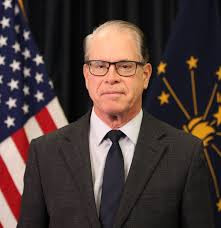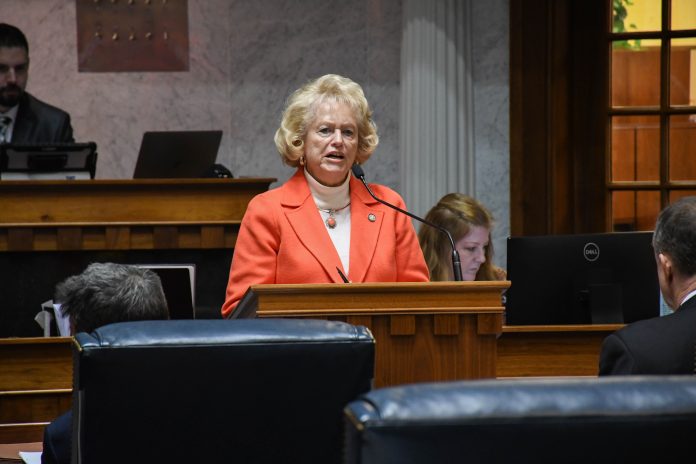INDIANAPOLIS – As Hoosier parents prepare their household budgets for the 2025-2026 school year, fewer working families will have On My Way Pre-K, Indiana’s state preschool program, at their disposal to assist with the cost of sending their 3- and 4-year-olds to pre-K. Gov. Braun’s administration announced at the beginning of June that it would slash On My Way Pre-K seats from over 6,000 to 2,500 for the upcoming school year.
Additionally, reimbursement subsidies for families enrolled in the program will be capped at $147.82 a week – for some counties, this will slash reimbursement rates in half or more. This means that child care providers will receive less money from the state for children enrolled in the program, disincentivizing provider participation and broad access, and low-income families will be responsible for the cost not paid for by the state.
House Democratic Leader Phil GiaQuinta (D-Fort Wayne) and House Democrats are deeply concerned that the Braun administration and Statehouse Republicans chose to prioritize the expansion of Indiana’s private school voucher program to millionaires and billionaires this session over maintaining the On My Way Pre-K program for low- to moderate-income families. GiaQuinta released the following statement reacting to the cuts:
“Working parents are already stretched thin. Now, they’re being told to do more with less – the theme of this administration. Cutting On My Way Pre-K means pulling the rug out from under hard-working families who were planning to use this program to make their household budget work.
“These cuts weren’t inevitable. In the 2025 budget, Statehouse Republicans chose to prioritize making private school vouchers universal. While millionaires and billionaires are getting more tuition assistance for the private schools their children already attend, working families are being told that pre-K for their 3- and 4-year-olds is too expensive for the state. That’s not budgeting — that’s bad priorities. Amid a budget shortfall, Statehouse Republicans found the money to expand a program that they cared about. It just wasn’t the program that benefits families struggling to get by.
“Hoosier families deserve more, plain and simple.”











